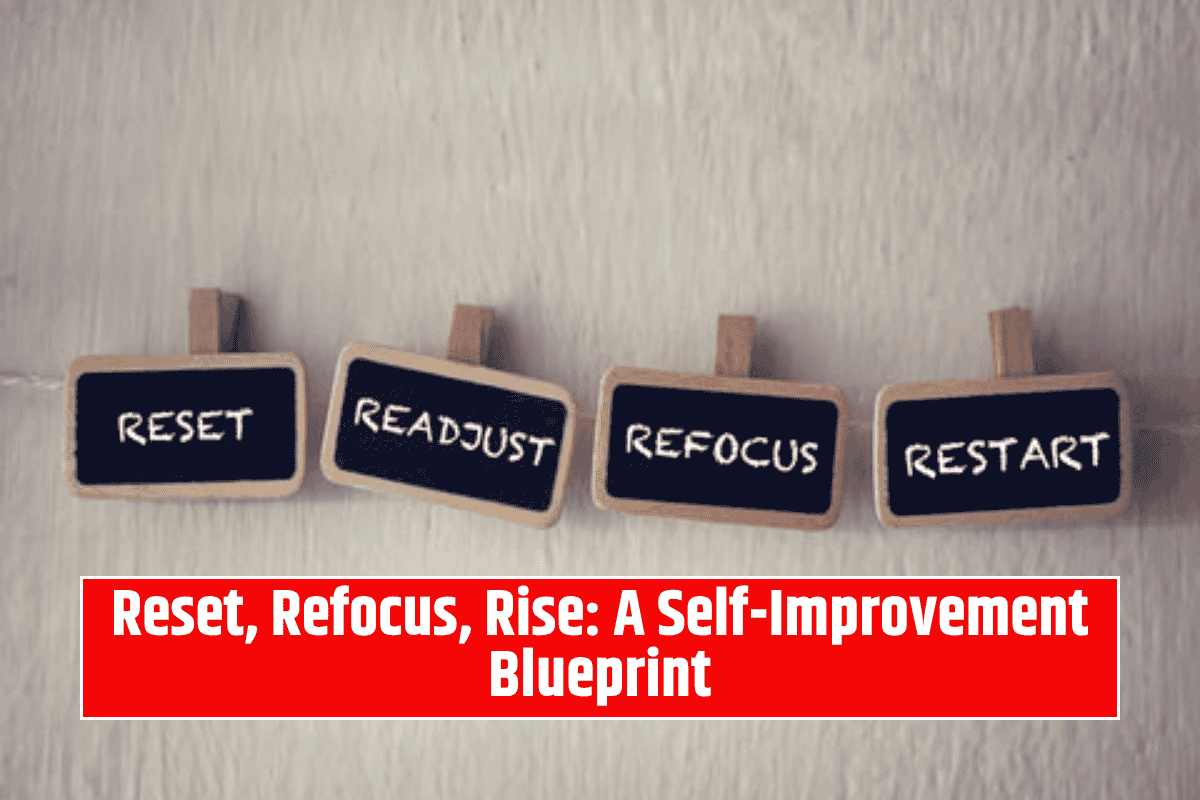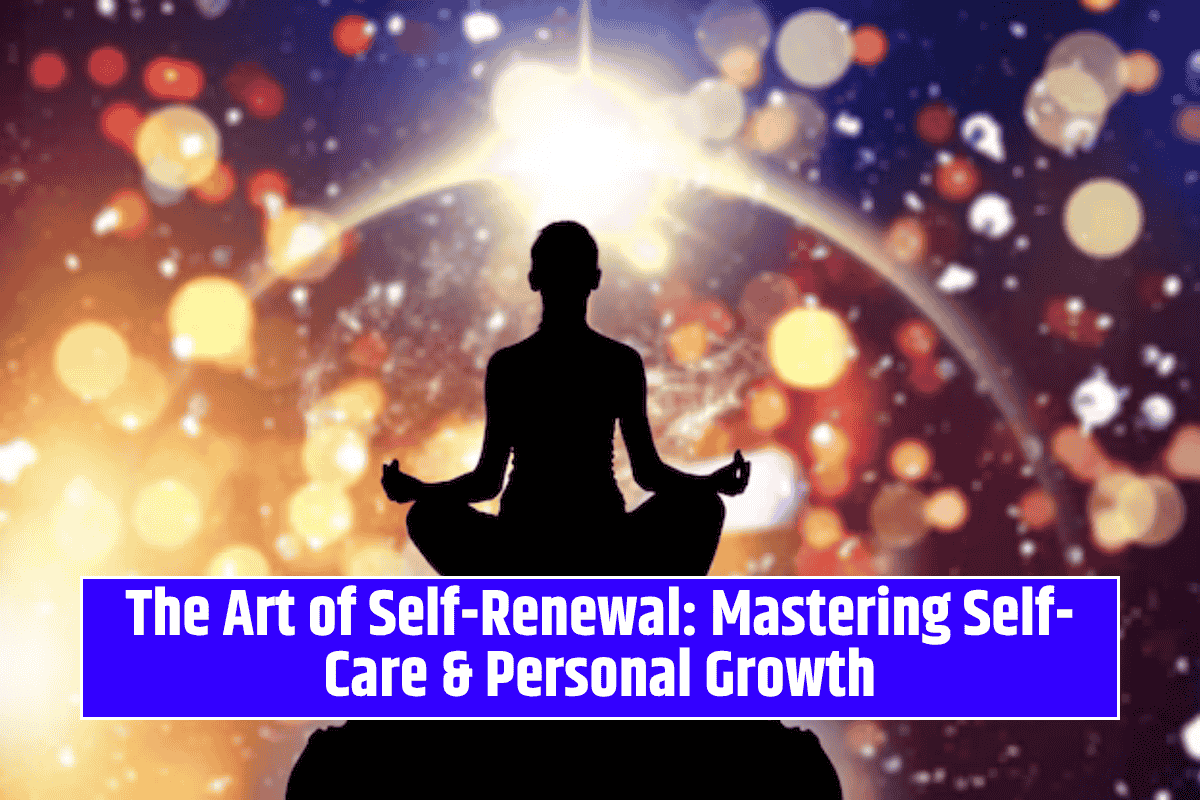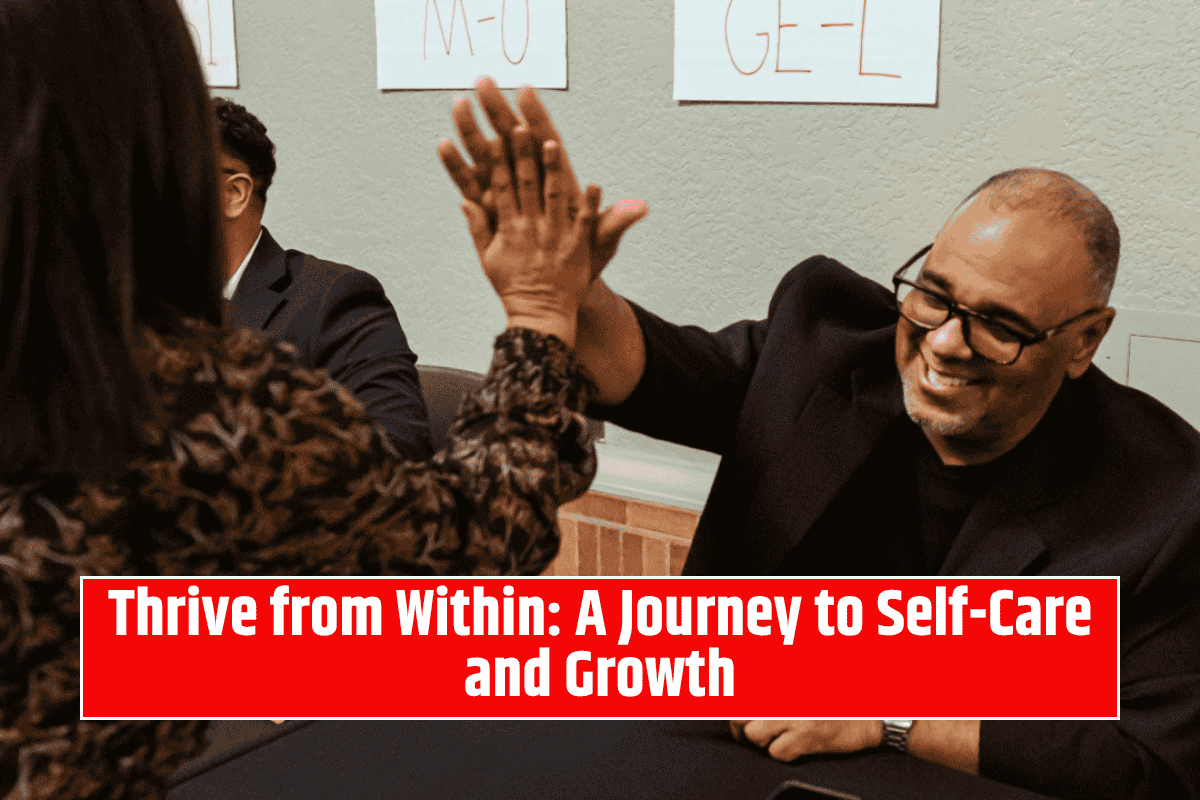In a world that often emphasizes perfection, productivity, and achievement, it’s easy to become our own harshest critics. Many of us hold ourselves to high standards and expect nothing less than perfection.
Yet, this constant striving for excellence often leads to feelings of inadequacy, self-doubt, and anxiety. What if, instead of focusing on flaws and failures, we embraced the idea of self-compassion—treating ourselves with the same kindness and understanding that we offer to our friends and loved ones?
Cultivating self-compassion is a powerful practice that can transform our relationship with ourselves and enhance our overall well-being.
What is Self-Compassion?
Self-compassion is the practice of treating yourself with kindness, care, and understanding, especially when facing challenges, mistakes, or difficult emotions. It involves three key components: mindfulness, self-kindness, and a sense of common humanity.
- Mindfulness: This is the ability to be present with our emotions and experiences without judgment. Instead of ignoring or suppressing our feelings, mindfulness allows us to acknowledge them with acceptance and clarity. It helps us avoid getting stuck in negative thought patterns and allows us to deal with emotions in a balanced, non-reactive way.
- Self-Kindness: This aspect involves being gentle and caring toward ourselves, particularly in moments of struggle or imperfection. It means offering the same support, encouragement, and understanding that we would give to a friend in need. Rather than criticizing ourselves for making mistakes or feeling down, self-kindness encourages self-talk that is supportive and loving.
- Common Humanity: Understanding that suffering, mistakes, and challenges are part of being human is essential in cultivating self-compassion. Instead of feeling isolated or inadequate when things go wrong, we recognize that everyone experiences difficulties and imperfections. This shared human experience can help us feel more connected to others and less alone in our struggles.
Why is Self-Compassion Important?
Many people mistakenly believe that self-compassion is a form of weakness or self-indulgence. However, research has shown that cultivating self-compassion has numerous psychological and emotional benefits. These include:
- Reduced Anxiety and Depression: When we treat ourselves with kindness, we are less likely to ruminate on negative thoughts or engage in self-critical behavior. This can help reduce symptoms of anxiety and depression, promoting a healthier, more balanced mindset.
- Increased Resilience: Self-compassion allows us to recover more quickly from setbacks. Rather than dwelling on failure or self-blame, we learn to accept mistakes as part of the growth process. This enhances our ability to bounce back from adversity with greater strength and confidence.
- Improved Emotional Well-Being: By embracing our imperfections and showing ourselves compassion, we create a more positive emotional environment. This leads to greater emotional stability and a deeper sense of inner peace.
- Better Relationships: When we are kind to ourselves, we are better able to show kindness to others. Self-compassion fosters empathy and understanding, allowing us to build stronger, more compassionate relationships with those around us.
How to Cultivate Self-Compassion
While self-compassion may not come naturally to everyone, it is a skill that can be developed with practice. Here are some ways to cultivate self-compassion in your daily life:
- Practice Self-Kindness: When you make a mistake or face a difficult situation, try to respond with care and understanding instead of harsh judgment. Speak to yourself as you would speak to a close friend—offering words of encouragement and reassurance. Remind yourself that you are worthy of kindness, regardless of your imperfections.
- Be Mindful of Your Thoughts: Pay attention to the way you talk to yourself. When negative or critical thoughts arise, practice mindfulness by acknowledging them without judgment. Then, gently redirect your focus to more compassionate and supportive thoughts. It may be helpful to write down these thoughts to become more aware of your inner dialogue.
- Embrace Your Humanity: Understand that everyone makes mistakes and experiences difficult emotions. You are not alone in your struggles. Remind yourself that imperfection is a part of being human and that it is okay to be vulnerable and imperfect. This realization can help alleviate feelings of isolation and shame.
- Engage in Self-Care: Taking care of your physical, emotional, and mental needs is a vital part of self-compassion. Prioritize activities that bring you joy, relaxation, and rejuvenation—whether it’s through exercise, creative pursuits, or spending time with loved ones. Self-care is a tangible way of showing yourself kindness and respect.
- Challenge Perfectionism: Let go of the unrealistic expectation that you must be perfect at everything. Perfectionism often leads to self-criticism and dissatisfaction. Instead, embrace the idea that growth and progress come from making mistakes and learning from them.
- Practice Loving-Kindness Meditation: This meditation practice involves repeating affirmations of love and compassion toward yourself and others. Start by directing kind thoughts toward yourself, such as, “May I be happy, may I be healthy, may I live with ease.” Gradually, you can extend these wishes to others, creating a sense of connection and compassion.
Self-compassion is a transformative practice that can help you build a healthier relationship with yourself. It encourages you to embrace your flaws and imperfections with kindness, offering you the space to heal, grow, and flourish.
By cultivating self-compassion, you foster resilience, reduce stress, and create a more peaceful, balanced life. Remember, you deserve the same kindness, care, and understanding that you freely offer to others.
Be gentle with yourself, and allow the power of self-compassion to guide you on your journey toward greater well-being and happiness.
FAQs
What is self-compassion?
Self-compassion is the practice of treating yourself with kindness, care, and understanding, especially when faced with challenges or mistakes. It involves three main components: mindfulness, self-kindness, and common humanity, which help you respond to difficulties in a loving and non-judgmental way.
How does self-compassion benefit mental health?
Self-compassion has numerous benefits for mental health, including reducing anxiety, depression, and self-criticism. By treating yourself with kindness, you can foster a more positive mindset, increase emotional resilience, and develop greater emotional well-being.
Can self-compassion improve relationships?
Yes, practicing self-compassion helps improve relationships by fostering empathy and understanding toward others. When you treat yourself with kindness, you are better able to extend that kindness to others, leading to stronger and more supportive connections.
How can I practice self-compassion daily?
You can practice self-compassion by being mindful of your thoughts, speaking kindly to yourself, embracing your imperfections, and prioritizing self-care. Regularly reminding yourself that everyone experiences difficulties helps you feel less isolated in your struggles.
Is self-compassion the same as self-indulgence?
No, self-compassion is not the same as self-indulgence. While self-indulgence involves giving in to immediate desires, self-compassion involves treating yourself with kindness, care, and understanding, especially when facing struggles. It’s about responding to your emotional needs in a balanced and nurturing way, not giving in to unhealthy habits or avoidance.






